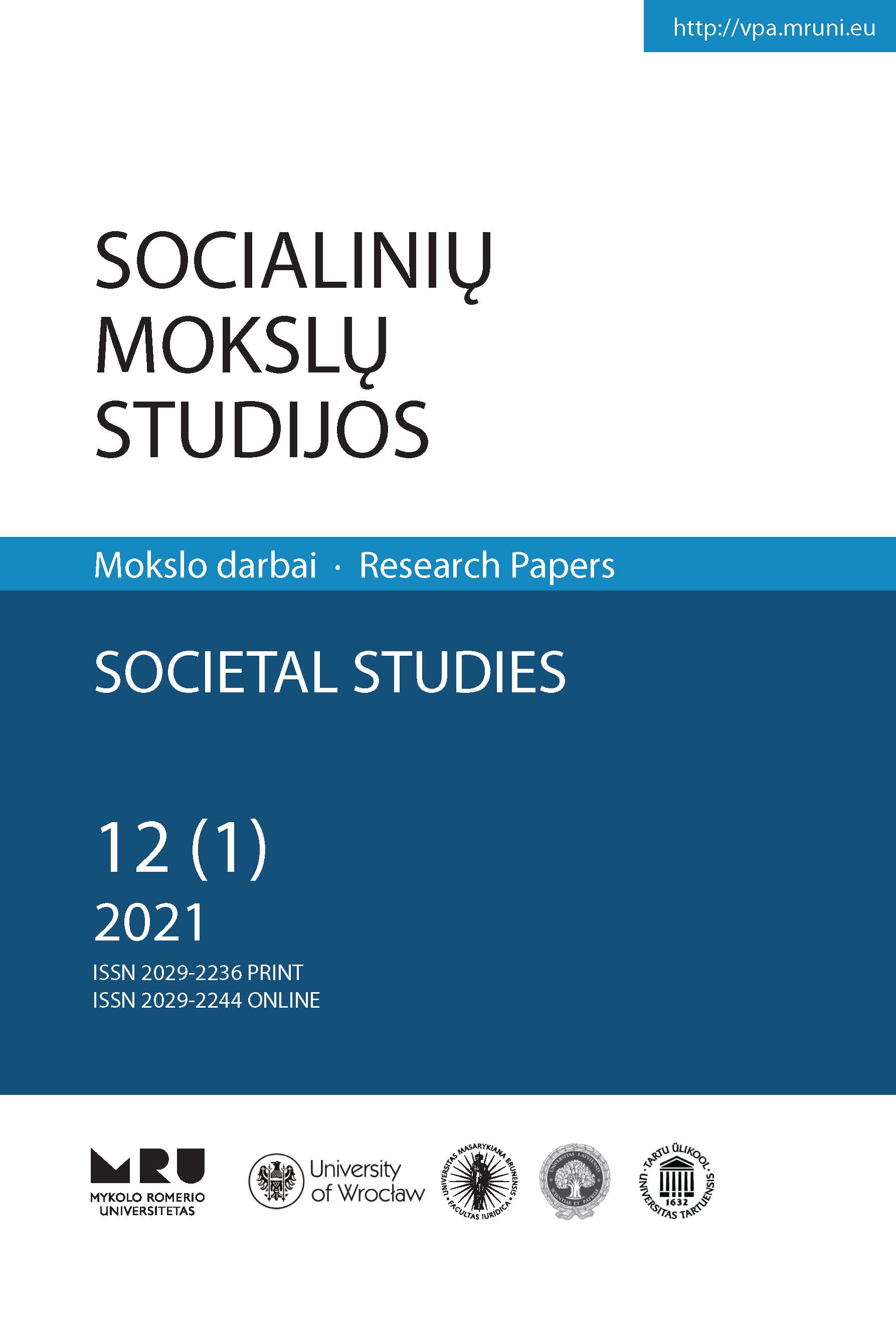THE RELATIONSHIPS BETWEEN MEDIA AND INFORMATION LITERACY AND SYSTEMIC FUNCTIONAL LINGUISTICS
THE RELATIONSHIPS BETWEEN MEDIA AND INFORMATION LITERACY AND SYSTEMIC FUNCTIONAL LINGUISTICS
Author(s): Viktorija Mažeikienė, Vilhelma VaičiūnienėSubject(s): Media studies, Theoretical Linguistics, Applied Linguistics
Published by: Mykolas Romeris University
Keywords: media and information literacy; systemic functional linguistics; social-cognitive approach; disinformation; misinformation; subjectivity; post-truth; narrative;
Summary/Abstract: Media perform a fundamental role in contemporary society: being intermediaries between users and the real world, they replace physical experience, construct views and knowledge, and shape attitudes, beliefs, and opinions that lead to the specific decisions and actions of individuals and groups. This article gives an overview of developments in the composite concept of media and information literacy and the premises of systemic functional linguistics that are relevant under the conditions of the current infodemic. The authors of this paper propose an approach that combines functional and social-cognitive elements, aiming to explain how we become susceptible to mis- and disinformation and to raise awareness of how certain discursive practices become embedded in societal life. For media and information literacy to be a fully-fledged concept, it is vital to consider the ability to discern subjectivity and emotion in post-truth narratives. The notion of narrative as a cognitive structure is also fundamental because disinformation and misinformation spread as granular digital formations encompassing fragments of information from a multiplicity of fields.
Journal: Socialinių mokslų studijos
- Issue Year: 12/2021
- Issue No: 1
- Page Range: 99-116
- Page Count: 18
- Language: English

